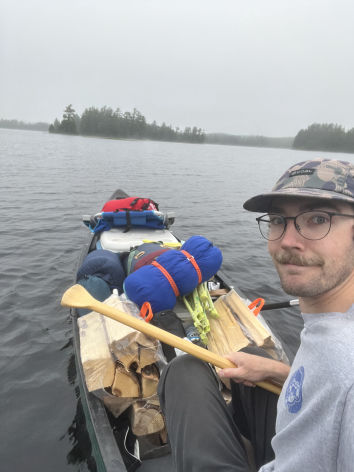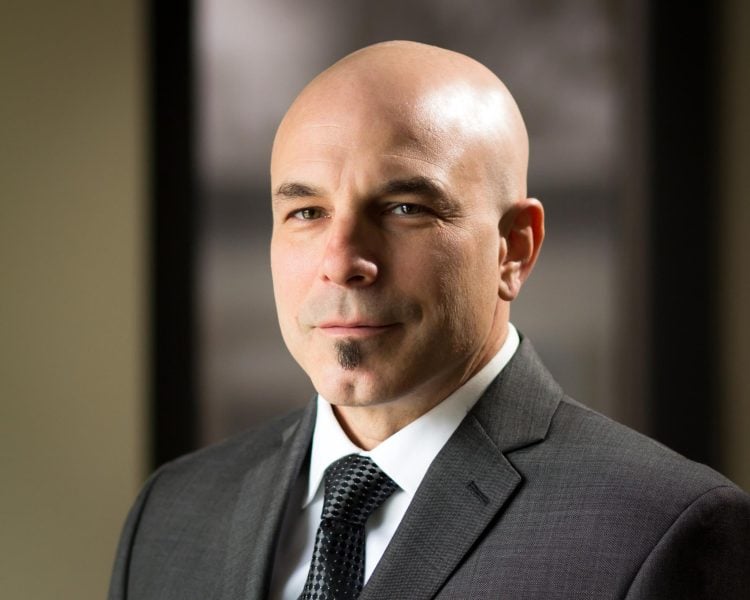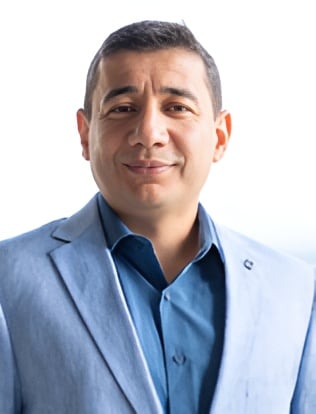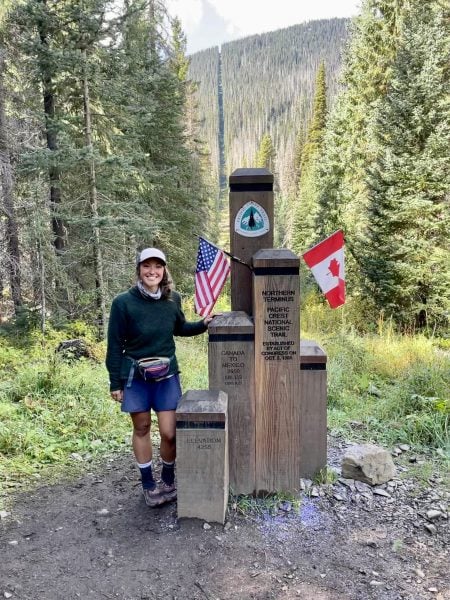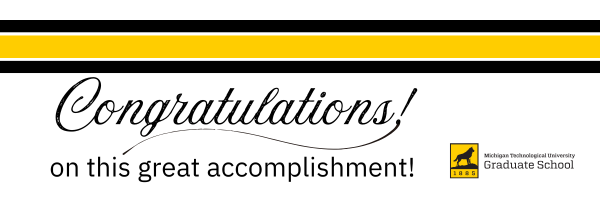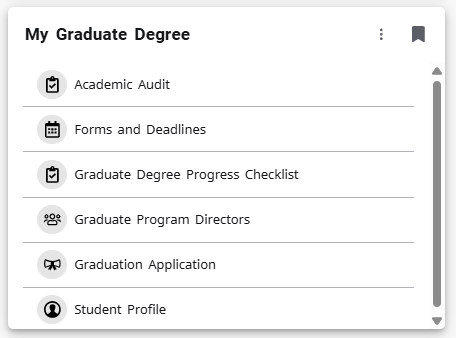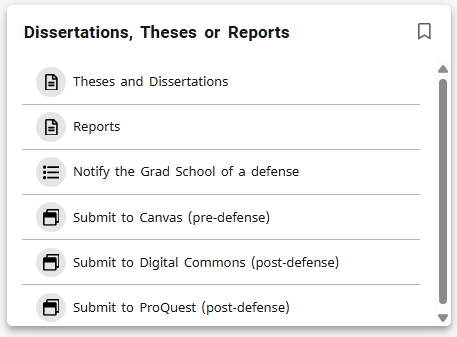
“I began my Ph.D. in the Rhetoric, Theory and Culture program in the Humanities Department in 2021. With a deep interest in understanding how emerging media technologies shape different aspects of human communication, my research has largely centered on the intersection of new media technologies, digital communication and collective action.
My dissertation explores the role of social media algorithms in collective action, with a particular focus on how they shape the structure, visibility and effectiveness of digital activism networks. Using #FixTheCountry in Ghana and #EndSARS in Nigeria as case studies, I investigate the relationship between the organizing strategies of activists (both online and offline) and the affordances and constraints of Twitter (now X). I use computational social network analysis and in-depth interviews to examine activists’ awareness of the platform and network effects, and to explore whether algorithmic folk theories and/or obfuscation techniques play a role in how they use social media for collective action.
During my time at Michigan Tech, I have presented my work at international conferences, including the International Communication Association (ICA) in Canada and Australia, and taught courses in Professional and Technical Communication and Composition. Together, these experiences have been integral to my Ph.D. journey and deepened my engagement with the field of communication. In Fall 2024, I received the Dean’s Outstanding Graduate Teaching Award.
I am incredibly honored to receive the Doctoral Finishing Fellowship from the Graduate School. I truly appreciate the recognition from the Graduate Dean Awards Advisory Panel and the dean, and I’m especially grateful to the donors whose generosity makes this support possible. I would also like to express my sincere appreciation to my advisor, Dr. Sarah Bell, for her support, and to my committee members, Dr. Stefka Hristova, Dr. Richard Canevez, and Dr. Brooke Foucault Welles, for their guidance. I’m also thankful to all the faculty in the Humanities Department for their encouragement throughout this journey.”


